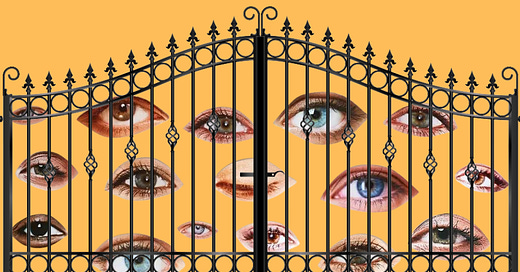I have recently attended some hip, photogenic literary events. I usually try to avoid this kind of thing. In the interest of not being overly bitchy, I’ll avoid going into a lot of detail. Suffice it to say the general vibe of this stuff is: thin, expensive, self-conscious, social media-oriented. And this is fine. This is not new, regardless of annoying…
Keep reading with a 7-day free trial
Subscribe to Wicked Tongue to keep reading this post and get 7 days of free access to the full post archives.





